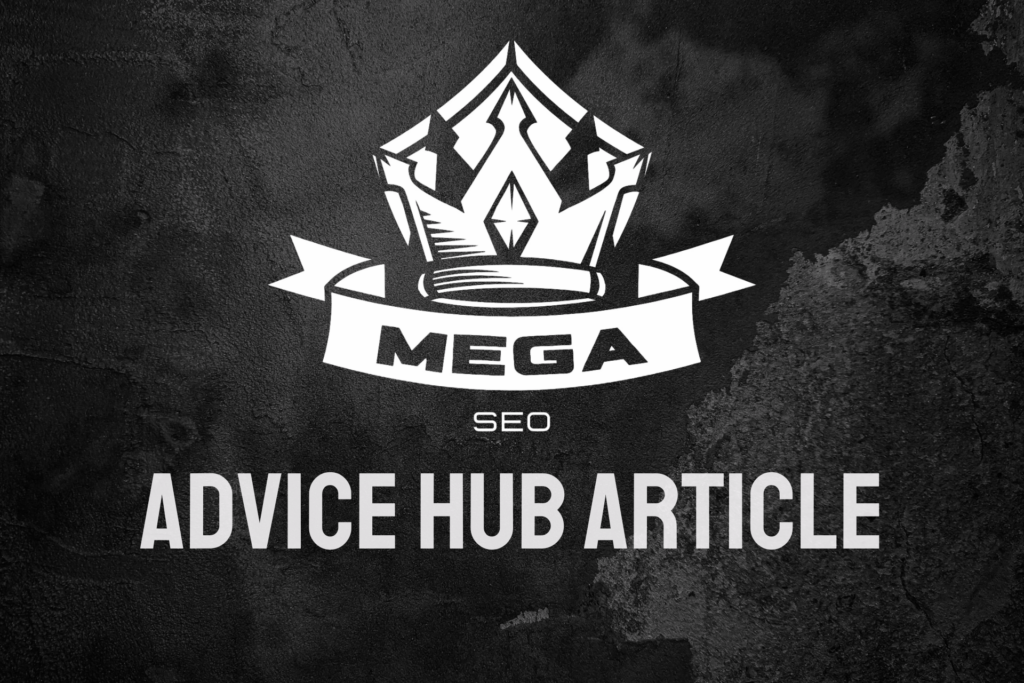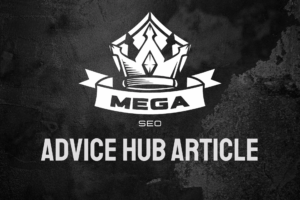Social media and on-page SEO are two powerful digital marketing strategies that, when combined effectively, can significantly boost your online visibility and drive organic traffic to your website. In this comprehensive guide, we’ll explore the intricate relationship between social media and SEO, and provide actionable tips on how to leverage social platforms to enhance your search engine rankings.
Why Should You Integrate Social Media into Your SEO Strategy?
While social media signals aren’t direct ranking factors in search algorithms, they play a crucial role in amplifying your SEO efforts. Social platforms offer unique opportunities to increase brand awareness, engage with your audience, and distribute content – all of which indirectly contribute to improved search visibility.
How Does Social Media Impact SEO?
Social media influences SEO in several ways:
- Increased Brand Visibility: Active social media presence helps build brand recognition, which can lead to more branded searches.
- Content Distribution: Social platforms serve as additional channels to share and promote your content, potentially leading to more backlinks.
- Local SEO Boost: Social profiles often appear in local search results, enhancing your local SEO efforts.
- Improved User Engagement: Social signals can indicate content quality and relevance to search engines.
- Faster Content Indexing: Sharing content on social media can lead to quicker discovery and indexing by search engines.
Which Social Media Platforms Should You Focus On?
The choice of social media platforms depends on your target audience and industry. However, some platforms are particularly beneficial for SEO:
- LinkedIn: Ideal for B2B companies, LinkedIn offers opportunities for thought leadership and professional networking. It’s excellent for sharing long-form content and establishing industry authority.
- Twitter: With its real-time nature, Twitter is perfect for sharing news, updates, and engaging in conversations. It’s also a favourite platform for many journalists and influencers.
- Facebook: Despite algorithm changes, Facebook remains a powerful platform for community building and content sharing, especially for B2C businesses.
- Instagram: Visual-centric businesses can benefit greatly from Instagram’s image and video-focused platform. It’s particularly useful for increasing brand awareness and engagement.
- YouTube: As the second-largest search engine after Google, YouTube offers immense potential for video SEO and driving traffic to your website.
How Can You Optimise Your Social Media Profiles for SEO?
Optimising your social media profiles is the first step in leveraging social media for SEO. Here’s how:
- Use Consistent Branding: Ensure your profile names, images, and descriptions are consistent across all platforms. This helps in brand recognition and makes it easier for users to find you.
- Include Keywords: Incorporate relevant keywords in your profile descriptions, but avoid keyword stuffing. Focus on natural language that accurately describes your business.
- Link to Your Website: Always include a link to your website in your profile. This not only drives traffic but also helps search engines understand the connection between your social profiles and your website.
- Optimise for Local SEO: If you’re a local business, include your location information in your profiles. This helps in local search visibility.
- Use High-Quality Images: Profile and cover images should be high-quality and properly sized for each platform. This enhances your visual appeal and professionalism.
What Content Strategies Work Best for Social Media SEO?
Content is the cornerstone of both social media and SEO. Here are some strategies to create content that performs well on social platforms and supports your SEO goals:
- Create Shareable Content: Develop content that your audience will want to share. This could include infographics, interesting statistics, or thought-provoking quotes.
- Optimise for Each Platform: Tailor your content for each social media platform. For instance, use hashtags on Twitter and Instagram, create longer posts for LinkedIn, and use eye-catching visuals for Pinterest.
- Encourage Engagement: Ask questions, run polls, or create contests to encourage user interaction. Higher engagement rates can lead to increased visibility on social platforms.
- Share Your Blog Posts: When you publish a new blog post, share it across your social channels. This helps drive traffic to your website and can lead to more backlinks.
- Use Video Content: Video content tends to get more engagement on social media. Consider creating short, informative videos that complement your written content.
- Leverage User-Generated Content: Encourage your followers to create content related to your brand. This not only increases engagement but also provides you with authentic content to share.
How Can You Use Social Media to Build Quality Backlinks?
While social media links are typically “nofollow” and don’t directly impact SEO, they can indirectly lead to valuable backlinks. Here’s how:
- Create Link-Worthy Content: Develop high-quality, original content that others will want to link to. Share this content on your social channels to increase its visibility.
- Engage with Influencers: Build relationships with influencers in your industry. They may share your content, leading to more exposure and potential backlinks.
- Participate in Industry Conversations: Join relevant discussions on social media. Your insights might catch the attention of bloggers or journalists who could link to your content.
- Use Social Media for Outreach: When conducting link-building outreach, social media can be a less intrusive way to make initial contact compared to cold emails.
- Monitor Brand Mentions: Use social listening tools to track mentions of your brand. If someone mentions you without linking, reach out and ask if they’d be willing to add a link.
How Can You Measure the Impact of Social Media on Your SEO?
Measuring the impact of social media on SEO can be challenging, but there are several metrics you can track:
- Social Traffic: Use Google Analytics to track how much traffic your website receives from social media platforms.
- Brand Mentions: Monitor how often your brand is mentioned on social media. An increase in mentions often correlates with improved search visibility.
- Backlinks: Track the number of backlinks you receive and note if there’s an increase after ramping up your social media efforts.
- Search Volume for Brand Terms: Use tools like Google Trends to see if there’s an increase in searches for your brand name over time.
- Social Engagement Rates: While not directly related to SEO, higher engagement rates on social media can indicate growing brand awareness, which can lead to more branded searches.
Harnessing the Power of Social Media for SEO Success
Integrating social media into your SEO strategy is no longer optional – it’s a necessity for businesses looking to maximise their online visibility. By creating high-quality, shareable content, optimising your social profiles, and actively engaging with your audience, you can leverage social media to boost your off-page SEO efforts significantly.
Remember, success in social media SEO doesn’t happen overnight. It requires consistent effort, patience, and a willingness to adapt to changing trends and algorithms. But with persistence and the right strategies, you can harness the power of social media to elevate your search engine rankings and drive meaningful organic traffic to your website.
At Mega SEO, we understand the intricate relationship between social media and SEO. Our team of experts, based in Wigan, can help you develop a comprehensive strategy that leverages both to boost your online presence. Whether you need help with technical SEO or social media optimisation, we’re here to help. Don’t let your business get left behind in the digital race. Contact us today at 01942234917 or via email at [email protected] to learn how we can elevate your digital marketing efforts.



